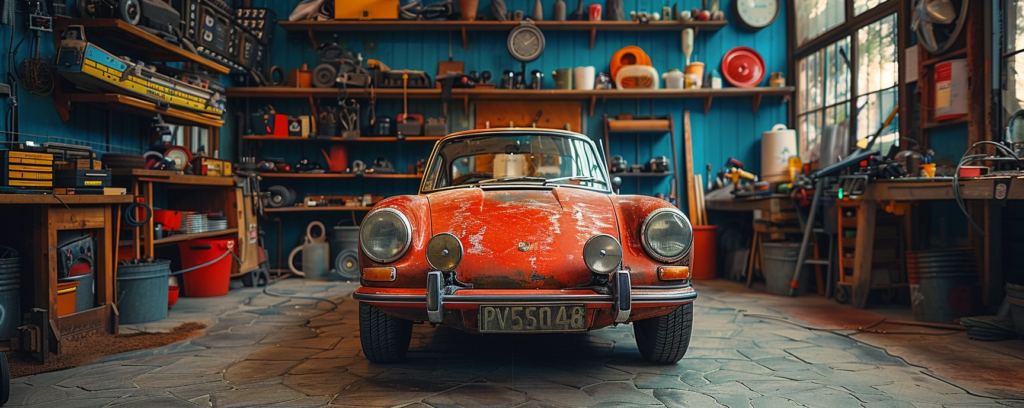In the fast-evolving landscape of the automotive industry, mechanic jobs stand as a cornerstone, pivotal to both the present achievements and the future advancements in transportation. These professionals, equipped with a blend of traditional skills and cutting-edge knowledge, navigate through challenges and innovations, ensuring that vehicles not only run smoother but also push the boundaries of what is technologically possible.

The Evolution of Mechanic Roles
The role of mechanics has undergone a remarkable transformation over the years, evolving from simple repair jobs to complex diagnostic tasks involving advanced electronics and computer systems. Today’s mechanics are not just workers; they are highly skilled technicians who understand the intricate dance of engineering and technology that powers modern vehicles. Their expertise spans a wide range of areas from electronic system diagnostics to hybrid and electric vehicle technology, reflecting the industry’s shift towards sustainable and smart mobility solutions.
The Demand for Skilled Mechanics
As vehicles become more advanced, the demand for skilled mechanics has surged. Automotive repair shops, dealerships, and manufacturers all vie for the best talent, individuals who can keep pace with the rapid technological advancements. This demand has led to a significant emphasis on education and continuous training in the field, with many mechanics now holding specialized certifications in areas such as automotive technology, electric vehicles, and computer diagnostics.
The Impact on the Automotive Industry
Mechanics play a critical role in the automotive industry’s ecosystem, influencing everything from vehicle design and functionality to customer satisfaction and environmental sustainability. Their feedback and insights from the field often drive innovation, leading to more efficient, safer, and cleaner vehicles. Moreover, their ability to quickly adapt and apply new technologies directly contributes to the industry’s capacity to meet evolving consumer demands and environmental standards.
Success Stories: Mechanics Making a Difference
Many mechanics have leveraged their expertise to make significant contributions to the automotive industry. For instance, some have developed new diagnostic tools that streamline the repair process, while others have contributed to the design and implementation of more efficient and environmentally friendly engine systems. These success stories highlight the mechanic’s role not just as a job but as a career path that offers the opportunity to influence and drive progress within the automotive sector.
The Future of Mechanic Jobs
Looking ahead, the future of mechanic jobs appears robust and filled with opportunity. The ongoing shift towards electric and autonomous vehicles is expected to open new avenues for specialization and advancement within the field. Mechanics will be at the forefront of implementing and maintaining these next-generation vehicles, requiring an even greater depth of knowledge and technical skill. Additionally, the push for sustainability and the introduction of new materials and technologies in vehicle manufacturing will further elevate the importance of skilled mechanics in ensuring the automotive industry’s growth and innovation.
Conclusion
Mechanic jobs embody the essence of resilience, adaptability, and innovation. As the automotive industry continues to evolve, the role of mechanics will only grow in importance, offering a challenging yet rewarding career path for those passionate about cars and technology. Through their dedication and expertise, mechanics not only keep our vehicles running but also drive the advancements that shape the future of transportation.